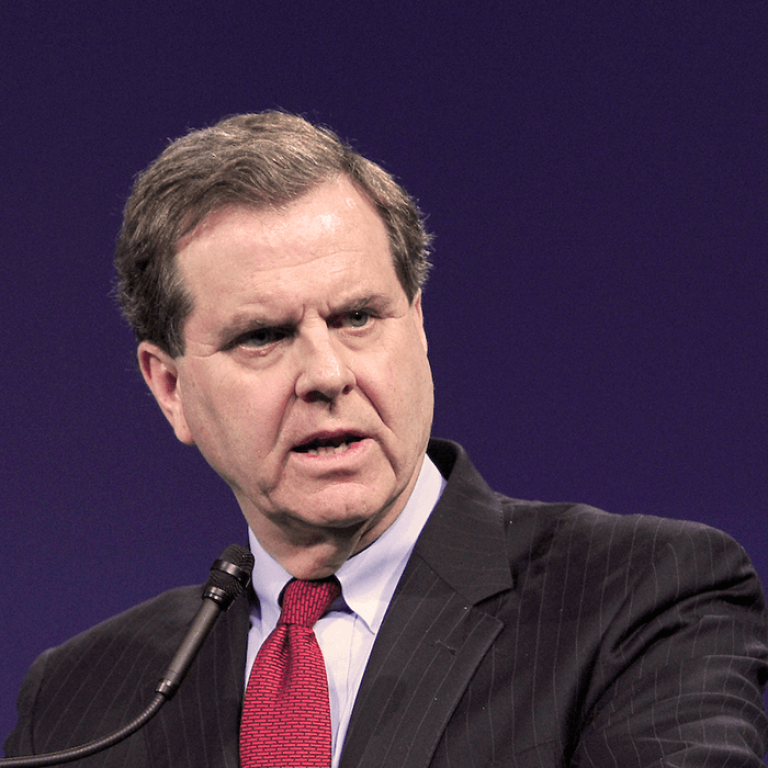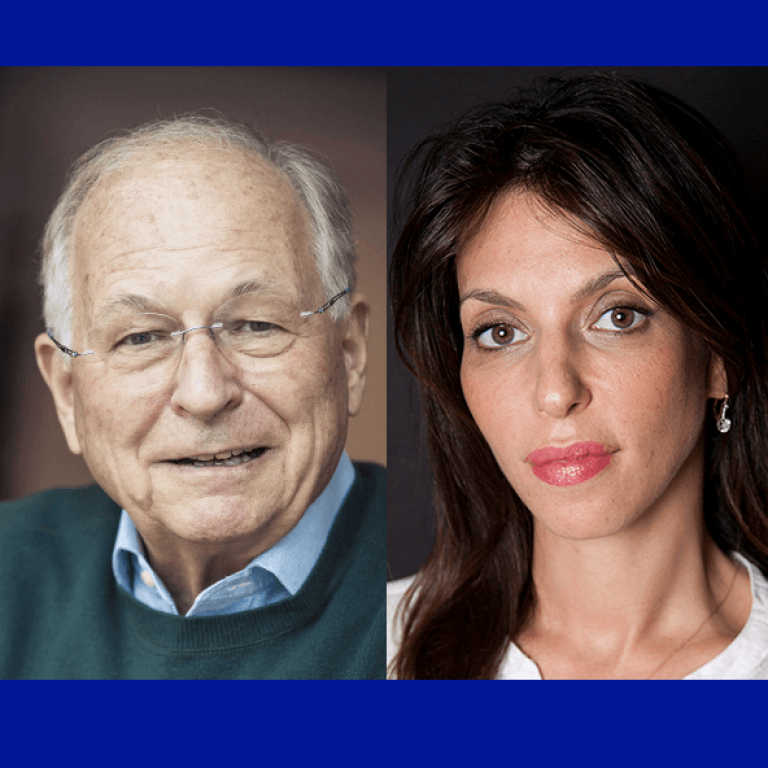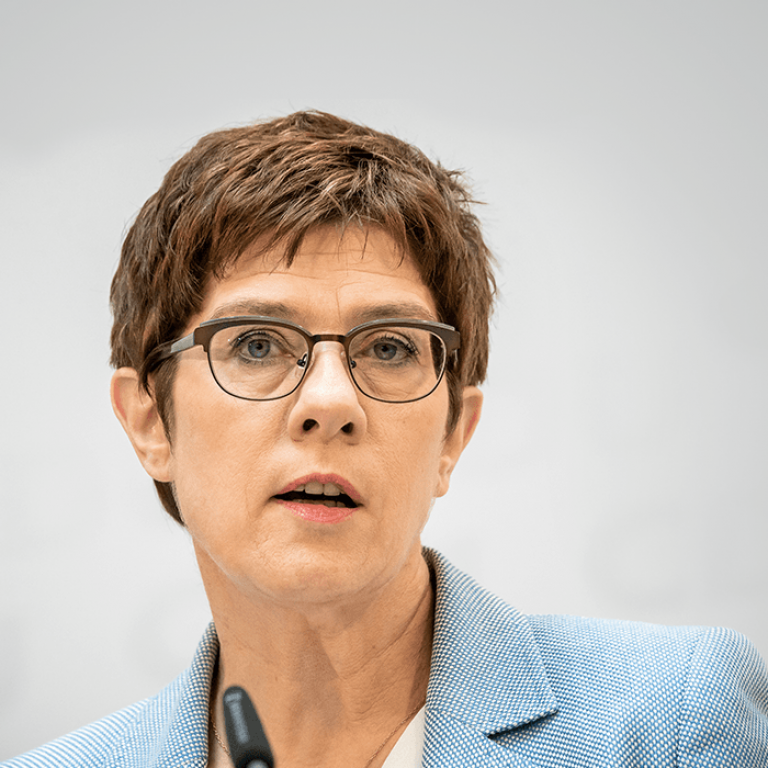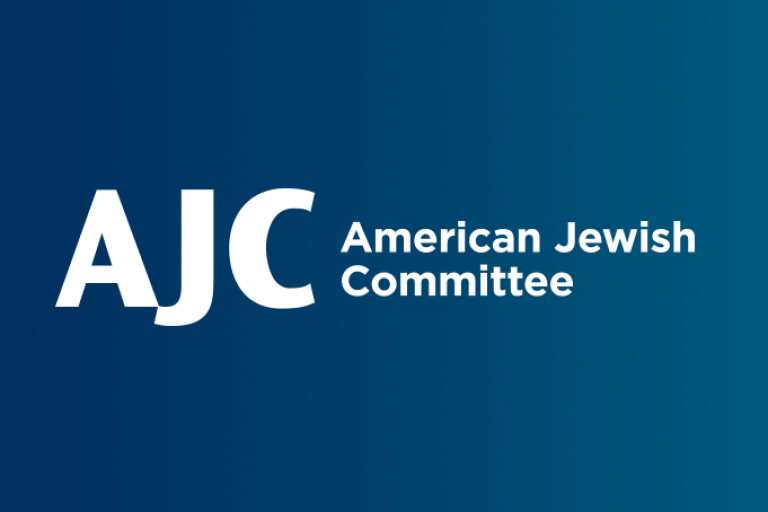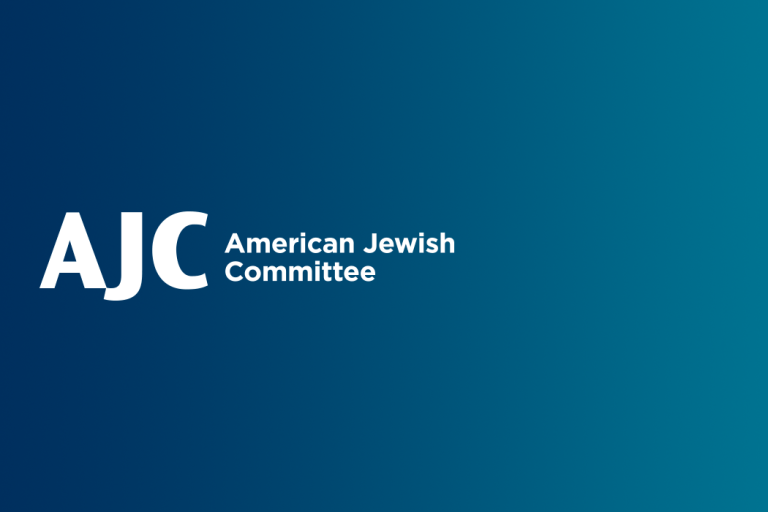June 15, 2020 — New York
German Foreign Minister Heiko Maas today addressed more than 6,500 people attending the American Jewish Committee (AJC) Virtual Global Forum.
The AJC Global Forum is the global Jewish advocacy organization’s signature annual event. Originally scheduled to take place this week in Berlin, Germany, the venue was changed to an online meeting due to the COVID-19 pandemic.
“What an honor it would have been to host you here for the first time in AJC’s long history and 75 years after the end of the Shoah,” said Maas. “Now, more than ever we need voices like yours, and organizations like the AJC to counter the voices of hatred, racism and intolerance. As this virtual meeting proves, even cyberspace can become a meeting place for the wise,” borrowing, he noted, from a Talmudic expression.
The foreign minister spoke emphatically about rising antisemitism in Europe, Germany-Israel relations, and the ongoing threats to Israel from Iran.
With antisemitism increasing in Europe in recent years, the coronavirus pandemic health crisis also “is a breeding ground for hatred, violence, racism, and antisemitism,” said Maas. “The coronavirus has revived some of the vilest stereotypes about Jewish citizens, reminding us of the darkest times in our history.”
“I am grateful to the AJC for pointing this out loud and clear,” said Maas.
Germany, which will assume next month the presidency of the Council of the European Union, and currently holds the presidency of the International Holocaust Remembrance Alliance (IHRA), is helping lead regional and global initiatives to combat antisemitism. The IHRA, Maas noted, has established a task force against Holocaust denial and distortion.
The EU Council will be taking action to enhance Europe’s democratic resilience. “We must protect the rights to peaceful protests and freedom of speech, but this does not mean that we must accept foreign disinformation campaigns or allow cyberspace to become an incubator for hate crime, antisemitism, Holocaust denial, and distortion,” said Maas.
In responding to the pandemic, Germany’s humanitarian assistance also has benefited Israel. “I am glad we could also help our friends in Israel. We treated Israeli citizens who were stranded around the globe as if they were our own, bringing them home on German planes. This was a moving example of the trust on which our unlikely wonderful friendship with Israel is built.”
In this 55th year of diplomatic relations between Israel and Germany, prioritizing those ties was demonstrated most recently in the foreign minister’s visit to Jerusalem a few days ago, his first trip outside Europe since the lockdown. In meetings with Israeli Foreign Minister Gabi Ashkenazi, Maas discussed “the many serious questions linked to a potential annexation of land in the West Bank” and “Iran’s highly problematic behavior towards Israel and the entire region.”
“We will continue to do everything we can to prevent the nightmare scenario of a nuclear-armed Iran,” Maas told the AJC Virtual Global Forum.
Germany is also targeting Iran’s proxies, especially Hezbollah. “Our recent ban of Hezbollah activities in Germany has sent a firm message,” Maas said. “An organization whose stated goal is to eliminate the State of Israel has no room to operate within our borders. And we will encourage other European states to follow our example.”
AJC has had a more than 70-years relationship with Germany, and in 1998 opened an office in Berlin, which is today directed by Dr. Remko Leemhuis.

